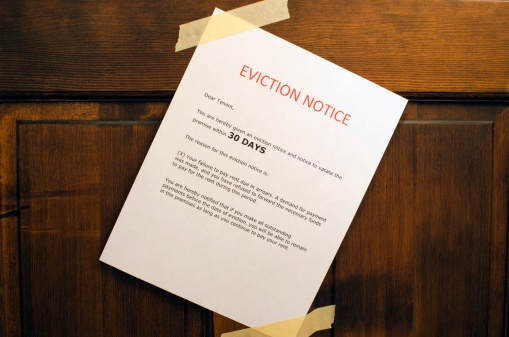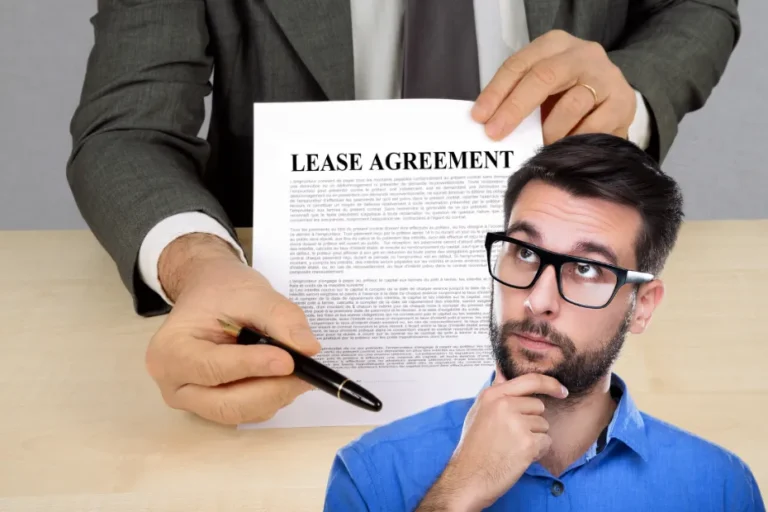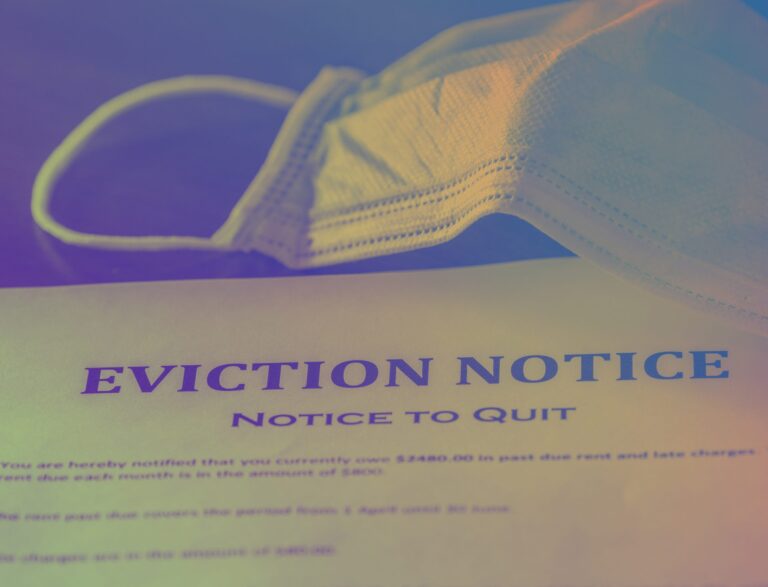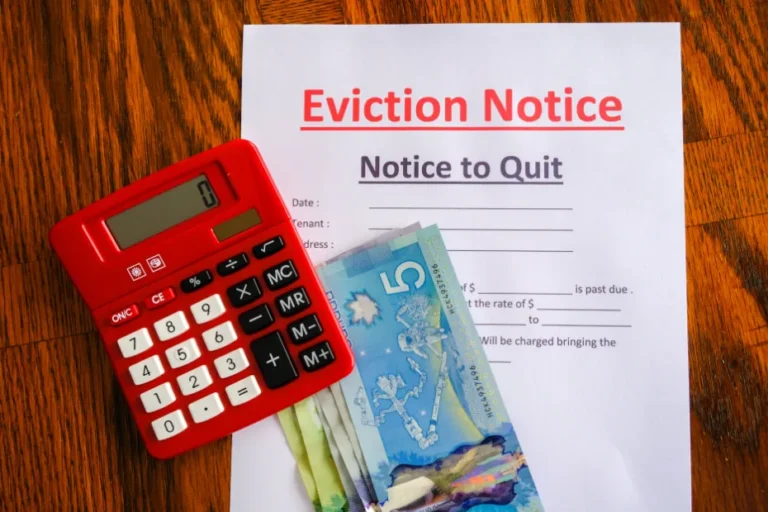How Much Does It Cost to Fight an Eviction? Expert Tips
Fighting an eviction can cost between $1,500 and $3,500 on average. Facing an eviction can be a stressful and challenging situation.
Emotional toll, tenants often have to deal with the financial implications of eviction proceedings. Many factors contribute to the overall cost of fighting an eviction, including legal fees, court filing fees, and other associated expenses.
While the cost can vary depending on the complexity of the case and the jurisdiction, tenants can generally expect to incur expenses ranging from $1,500 to $3,500.
It is important to weigh these costs against the potential outcome and consider consulting with a reliable attorney to navigate the eviction process and protect your rights as a tenant.
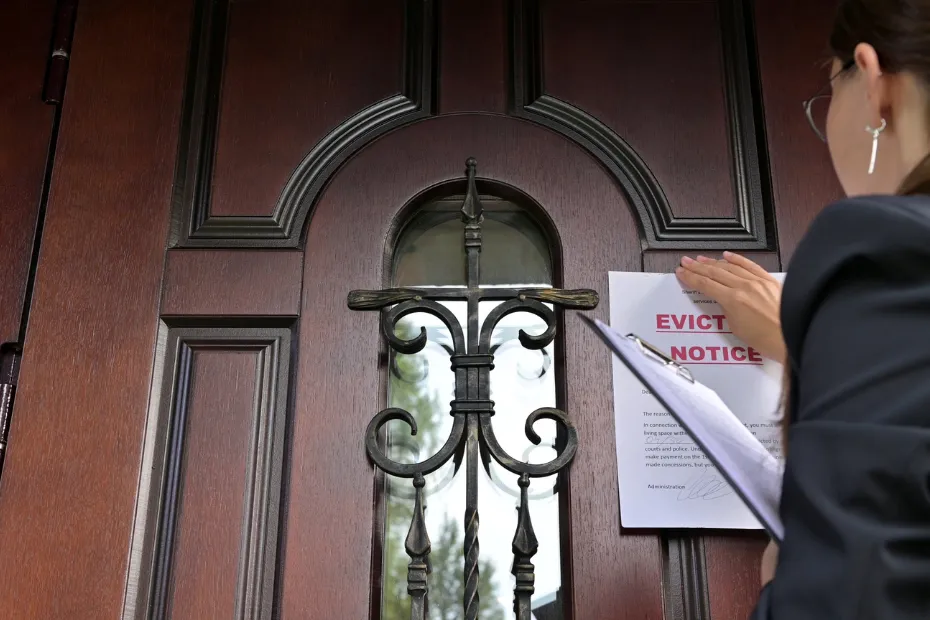
Understanding The Cost Of Fighting An Eviction
Understanding the cost of fighting an eviction involves considering factors like legal fees, court costs, and potential loss of income. It is essential to weigh these expenses against the possible outcomes before deciding whether or not to contest the eviction.
Understanding the Cost of Fighting an Eviction
When faced with an eviction, understanding the associated costs can help you better prepare and make informed decisions. Fighting an eviction can be a complex and costly process, but in some cases, it may be the only way to protect your rights as a tenant.
By considering the factors affecting the cost and common expenses that come with fighting an eviction, you can determine the financial implications ahead of time and plan accordingly.
Factors Affecting the Cost
Several factors can influence the cost of fighting an eviction. These factors are important to consider as they may vary from case to case and can have a significant impact on the overall expenses you’ll incur. Here are some key factors to keep in mind:
- State Laws and Court Fees: The cost can vary depending on the jurisdiction where the eviction is taking place. Different states have different laws and court fees associated with eviction cases. It’s essential to research and understand the specific regulations in your area to estimate the potential expenses accurately.
- Legal Representation: Hiring an attorney can be beneficial, especially if you’re unfamiliar with the legal system or anticipate a complex case. However, legal fees can significantly impact the overall cost. Consider consulting with an attorney to assess your situation and determine if professional legal representation is necessary.
- Duration of the Case: The length of time it takes to resolve an eviction case can also affect the cost. If the process is prolonged, you may incur additional expenses, such as court appearances, document preparation, and more. Additionally, the longer the case drags on, the more time you’ll need to spend on it, potentially impacting other aspects of your life.
- Counterclaims and Defenses: Depending on your situation, you may have grounds to counterclaim against the landlord or defend yourself against the eviction. These additional legal actions can contribute to the overall cost as they require more time, resources, and potential court fees.
Common Expenses Incurred
Fighting an eviction typically involves various expenses beyond the legal fees. These expenses can add up, so it’s crucial to budget accordingly. Here are some common expenses you may encounter when fighting an eviction:
- Filing Fees: Initiating an eviction case usually requires paying a filing fee to the appropriate court. This fee varies depending on your jurisdiction and the type of eviction proceedings. Be sure to consider this expense when calculating the overall cost.
- Service of Process: Serving court documents to the involved parties is another expense to bear in mind. This process ensures that everyone involved receives the necessary legal documents and is aware of the pending eviction case. The cost may vary, depending on whether a professional process server is required or if you can serve the documents yourself.
- Court Appearance: Attending court hearings and appearances is a usual requirement during eviction cases. Each court appearance may incur costs, such as transportation expenses or expenses for taking time off work. These costs can quickly accumulate, especially if the case spans several hearings.
- Documentation: Gathering evidence, obtaining necessary documents, and preparing legal paperwork can also contribute to your expenses. This might include obtaining copies of lease agreements, records of communication with the landlord, or obtaining records from relevant government agencies. Additionally, if you require professional support or consultation during the process, there may be associated costs.
- Potential Moving Costs: If fighting the eviction case proves unsuccessful or no longer worth the expense, you may need to consider the potential costs of finding alternative accommodation. This can include moving expenses, security deposits, and related costs. While not directly part of the eviction case, it’s essential to factor in these potential expenses when assessing the overall financial implications.
Related Post: Can My Neighbor Use My Driveway? Your Property Rights
Strategies To Minimize Expenses
Learn effective strategies to minimize expenses when dealing with eviction cases. Discover the cost breakdown, legal fees, and ways to reduce overall expenditure. Navigate the process efficiently and affordably with these expert tips.
Hiring An Attorney Vs Self-representation
When facing an eviction, one of the first decisions you’ll need to make is whether to hire an attorney or represent yourself. Both options have their pros and cons, with cost being a significant factor. Hiring an attorney can be expensive, with fees varying based on factors such as location and complexity of the case.
On the other hand, representing yourself may save you money upfront, but it can be time-consuming and pose a risk if you are not familiar with eviction laws and procedures. Here are a few points to consider:
- Attorney Representation:
If you decide to hire an attorney, it’s important to find one who specializes in eviction cases. This expertise can greatly increase your chances of a successful defense. However, it’s crucial to consider the cost implications.
Attorney fees can range from a few hundred to several thousand dollars, depending on the complexity of the case and the lawyer’s reputation and experience. Be sure to carefully review the terms of the attorney-client agreement, including any additional charges that may arise during the course of the eviction process.
- Self-Representation:
Representing yourself in an eviction case, also known as pro se representation, can be a cost-effective option. However, keep in mind that it requires a thorough understanding of eviction laws and procedures, as well as the ability to effectively present your case.
Before deciding to represent yourself, take the time to research eviction laws specific to your area. Familiarize yourself with the necessary documents, deadlines, and courtroom protocols.
Exploring Pro Bono Legal Services
- Pro Bono Assistance:
If hiring an attorney is not financially feasible for you, exploring pro bono legal services can be an excellent alternative. Pro bono attorneys provide free legal assistance to low-income individuals who cannot afford traditional legal representation.
Various organizations and law firms offer pro bono services, so it’s worth reaching out to them to inquire about the availability of an attorney who can help with your eviction case.
Keep in mind that pro bono legal assistance may be limited, so it’s important to inquire early and be prepared to provide any necessary documentation to prove your eligibility.
Negotiating With Landlords
An often overlooked strategy to minimize expenses when facing eviction is to negotiate with your landlord. Open communication and a willingness to find a mutually beneficial solution can go a long way. Here are a few strategies to consider:
- Payment Arrangements:
Suggesting a payment plan may allow you to pay any outstanding rent in installments, potentially avoiding eviction altogether. Present your case to your landlord, explaining your financial circumstances and proposing a reasonable payment schedule that you can manage.
- Mediation:
In some cases, mediation can help resolve conflicts between tenants and landlords. A neutral third party can facilitate discussions and assist in reaching a compromise that both parties can agree on. Mediation can be a cost-effective alternative to litigation, as it minimizes legal fees and reduces the time spent in court.
- Lease Modifications:
If you’re facing eviction due to lease violations, consider negotiating with your landlord for lease modifications. Proposing changes that address the issue at hand, such as agreeing to stricter noise restrictions or attending counseling, may convince your landlord to reconsider the eviction and allow you to remain in the property.
Expert Tips For Managing Costs
When facing an eviction, the costs involved in fighting it can be a major concern for tenants. However, there are several expert tips that can help you manage these costs effectively. By following these tips, you can navigate the legal process more financially sound and increase your chances of successfully fighting the eviction.
Budgeting For Legal Fees And Court Expenses
One of the first steps to manage the costs of fighting an eviction is to create a budget for legal fees and court expenses. Understanding the potential costs involved will help you plan your finances accordingly. Here are some factors to consider when budgeting:
- Legal Representation: Research and consult with eviction defense lawyers to get an idea of their fees and payment structures. Consider opting for lawyers who offer free consultations or work on a sliding scale based on your financial situation.
- Court Filing Fees: Familiarize yourself with the court fees applicable in your jurisdiction. These fees cover filing documents and initiating the eviction defense process. Ensure you budget for these fees accordingly.
- Process Serving: In some cases, you may need to serve legal documents to the landlord or other involved parties. Understand the associated costs and plan for them in your budget.
- Expert Testimony: Depending on the nature of your eviction dispute, you may require the expertise of professionals such as housing inspectors or appraisers to support your case. Consider the potential costs of expert testimony and include them in your budget as needed.
Documenting Communication And Evidence
Properly documenting all communication and gathering evidence is crucial when fighting an eviction. Besides strengthening your case, it can also help manage costs. By organizing and preserving your evidence effectively, you can avoid unnecessary expenses and quickly present a strong defense. Here’s how you can do it:
- Keep Detailed Records: Maintain a record of all written communication between you and your landlord or property management company. This includes emails, letters, text messages, and any other forms of communication that pertain to the eviction.
- Take Photographs: If there are any habitability issues or damages in your rental unit that are relevant to the eviction, document them with photographs. These visual records can serve as powerful evidence during the legal proceedings.
- Gather Witnesses: If there are witnesses to support your claims, collect their contact information and ask if they would be willing to testify on your behalf. Witness testimonies can significantly strengthen your case without incurring additional costs.
- Maintain a Timeline: Create a timeline of events related to the eviction, including dates of written notices, repairs requested, or any other relevant incidents. This chronological record will act as a reference and help you present your case more effectively.
Seeking Financial Assistance Programs
If you’re concerned about the financial burden of fighting an eviction, exploring available financial assistance programs can provide relief. These programs are designed to support individuals facing eviction and can help manage costs effectively. Consider the following options:
- Tenant Legal Aid Organizations: Research and reach out to local tenant legal aid organizations that provide free or low-cost legal services to tenants facing eviction. They can guide you through the process and potentially represent you at no or reduced cost.
- Pro Bono Representation: Some law firms and individual lawyers offer pro bono services for tenants in need. Research and contact these organizations to check if you qualify for pro bono representation.
- Government Assistance: Look into government-funded programs aimed at preventing homelessness and assisting individuals in eviction proceedings. These programs may provide financial aid or connect you with resources to cover legal expenses.
| Cost-Management Strategy | Benefits |
|---|---|
| Budgeting for Legal Fees and Court Expenses | Allows you to plan your finances and be prepared for upfront costs. Avoids any unexpected financial obstacles during the legal proceedings. |
| Documenting Communication and Evidence | Creates a strong case by providing concrete evidence. Saves costs by avoiding the need for additional investigations or prolonging the legal process. |
| Seeking Financial Assistance Programs | Provides financial relief through free or reduced-cost legal representation. Helps cover legal fees, reducing the out-of-pocket expenses associated with fighting the eviction. |
Frequently Asked Questions For How Much Does It Cost To Fight An Eviction?
How Much Does It Cost To Hire An Eviction Attorney?
Hiring an eviction attorney can cost between $500 and $5,000, depending on various factors such as location and complexity of the case.
Can I Fight An Eviction Without An Attorney?
Yes, you can fight an eviction without an attorney, but it can be challenging. It’s recommended to seek legal advice to understand your rights and options.
What Are The Additional Costs Involved In An Eviction Case?
Apart from attorney fees, additional costs may include court filing fees, process server fees, and potential costs for evidence gathering or expert witness testimony.
Is It Possible To Get Financial Assistance For Eviction Defense?
Yes, there are organizations and programs that provide financial assistance for eviction defense to eligible individuals who are unable to afford legal representation.
Conclusion
The cost of fighting an eviction can vary depending on various factors such as legal fees, court costs, and any additional services needed. It is crucial to understand the potential expenses involved and to budget accordingly.
Seeking the assistance of a legal professional can be beneficial in navigating the eviction process and minimizing costs.
Remember to carefully weigh your options and make informed decisions to ensure the best outcome for your situation.

